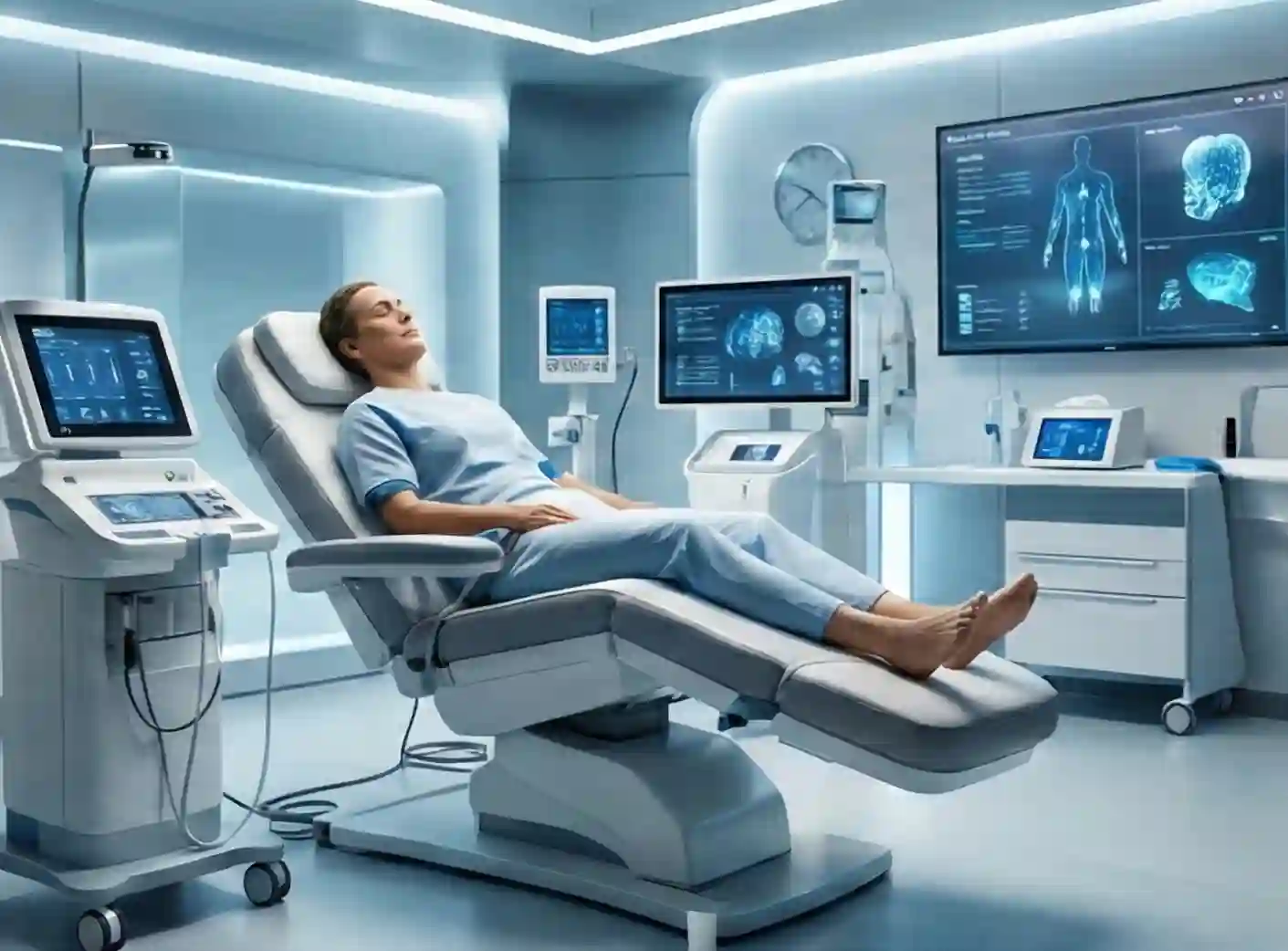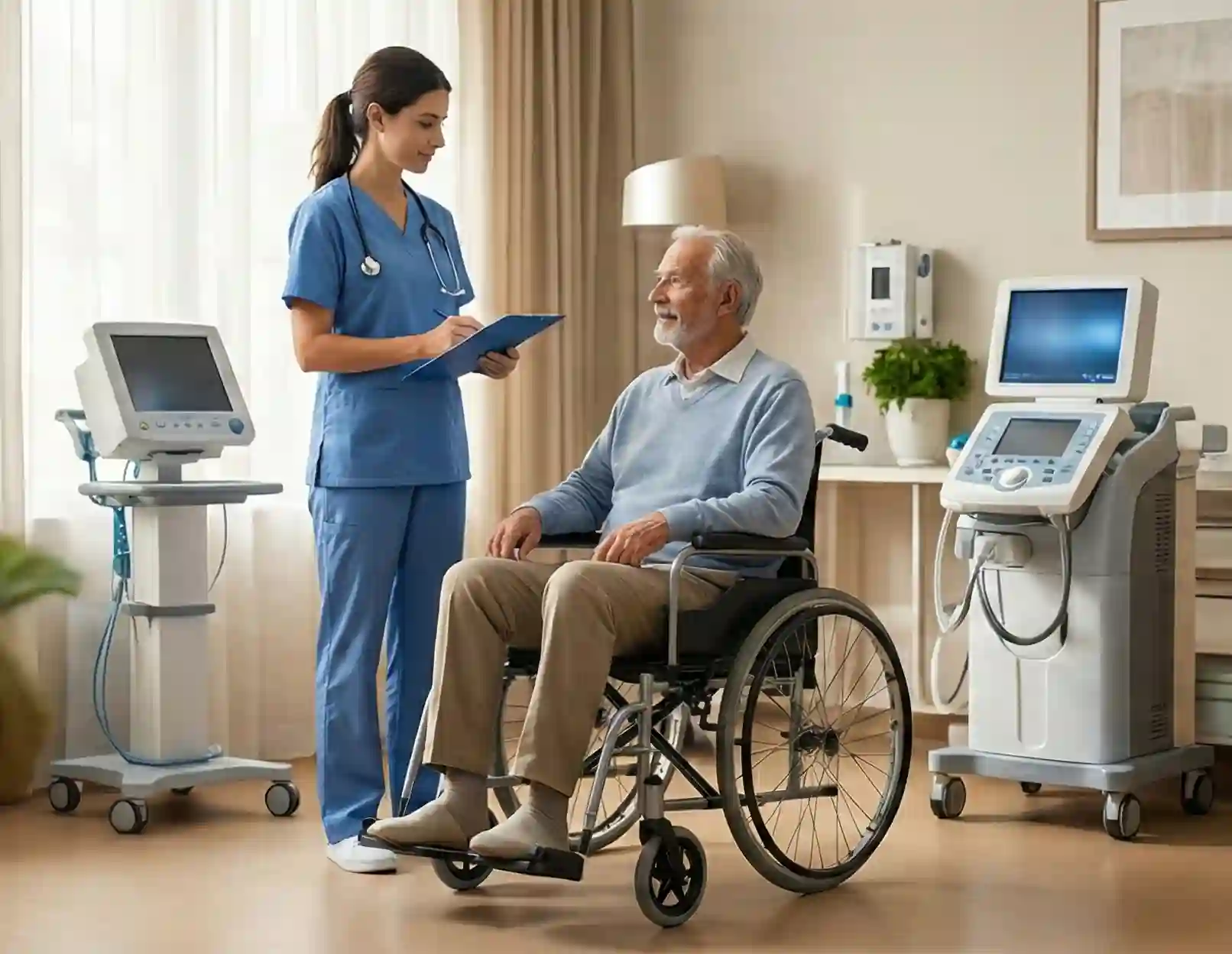Understanding Degenerative Disc Disease (DDD)
Medical Review: Dr. Gerald Mastaw, MD – Board-Certified PhysicianLast Updated: October 2025 What Is Degenerative Disc Disease? Degenerative Disc Disease (DDD) occurs when the spinal discs, the soft, cushion-like pads between vertebrae, begin to lose hydration, elasticity, and height.As discs deteriorate, they absorb less shock, which can lead to pain, stiffness, and nerve irritation if…





